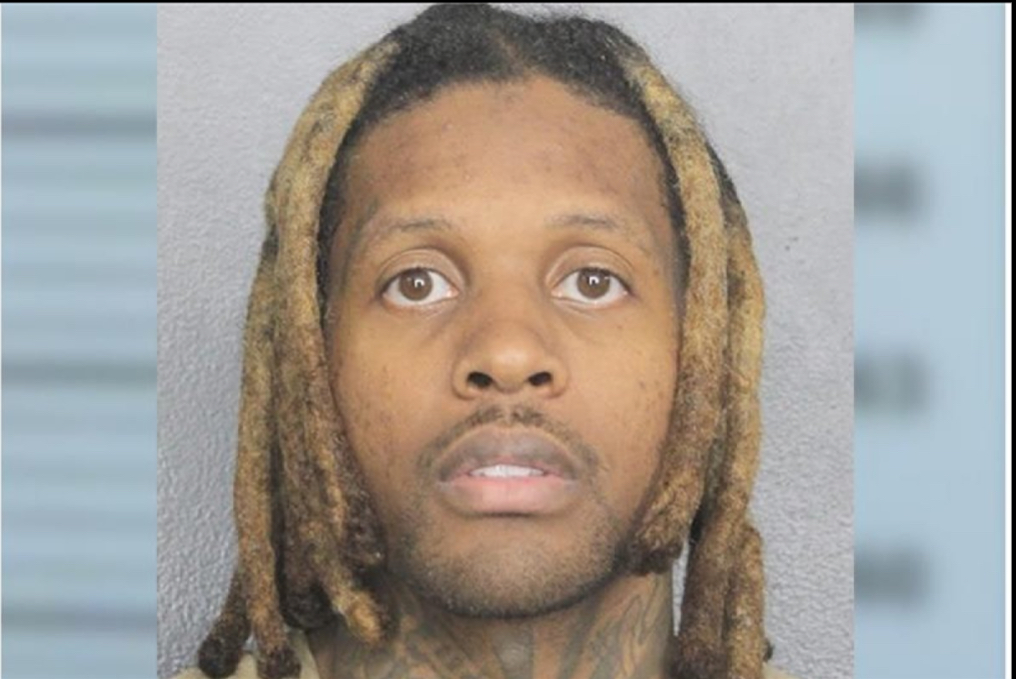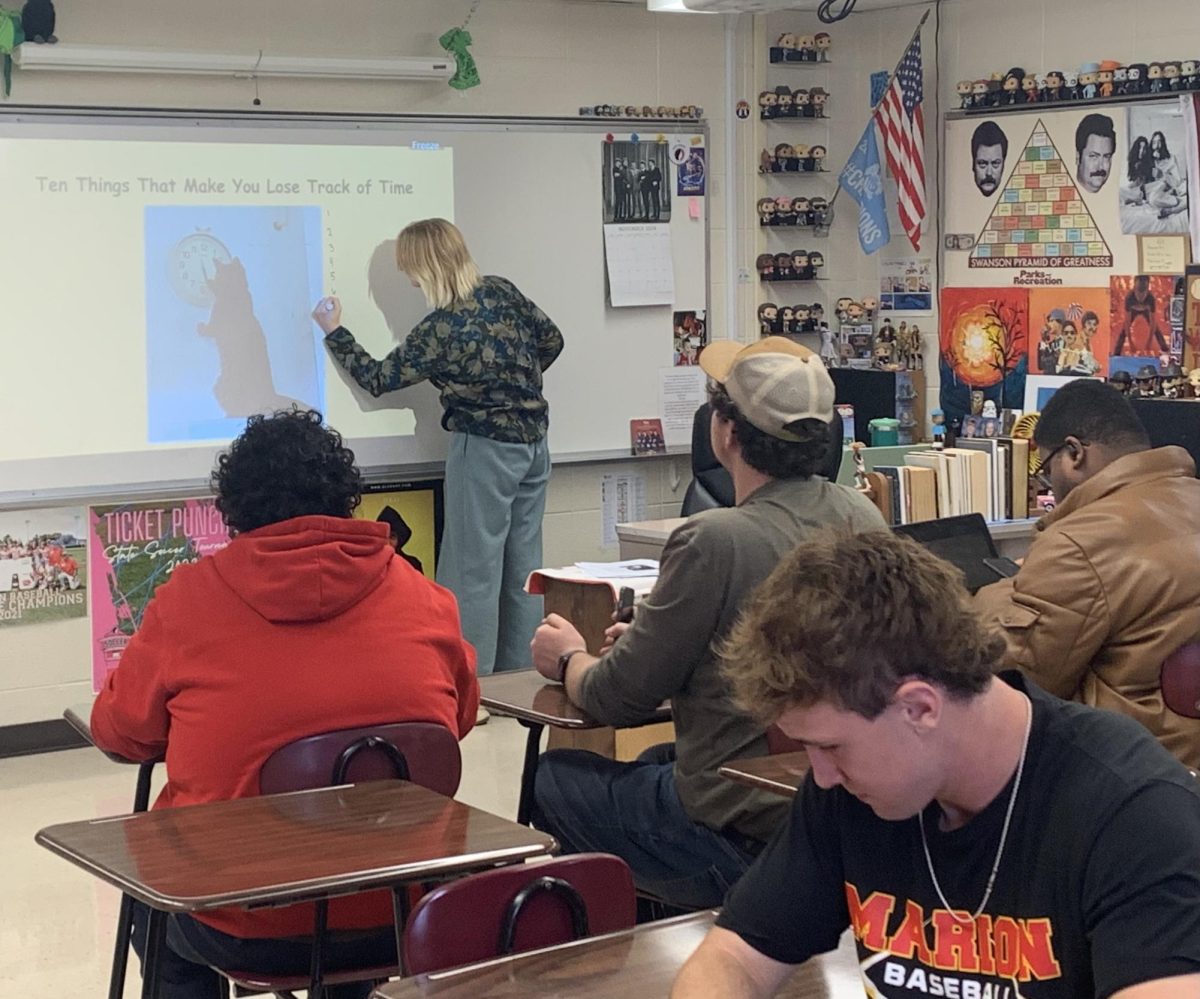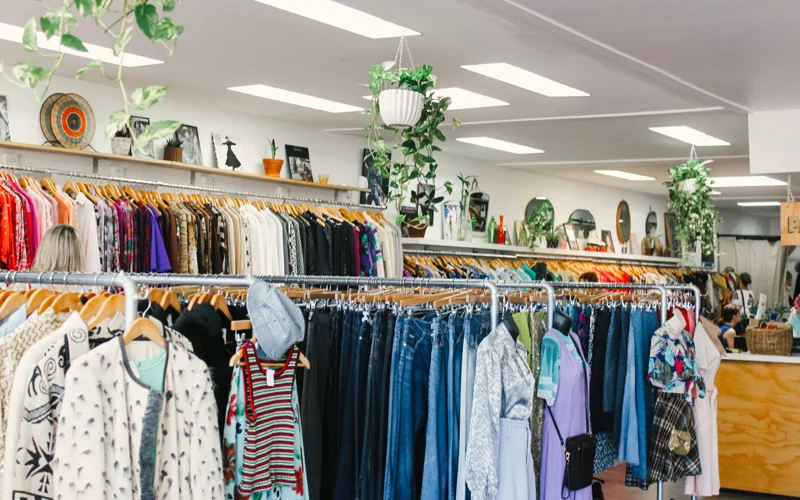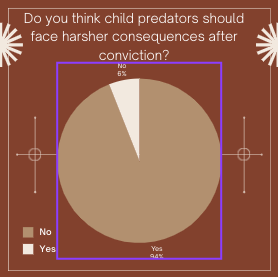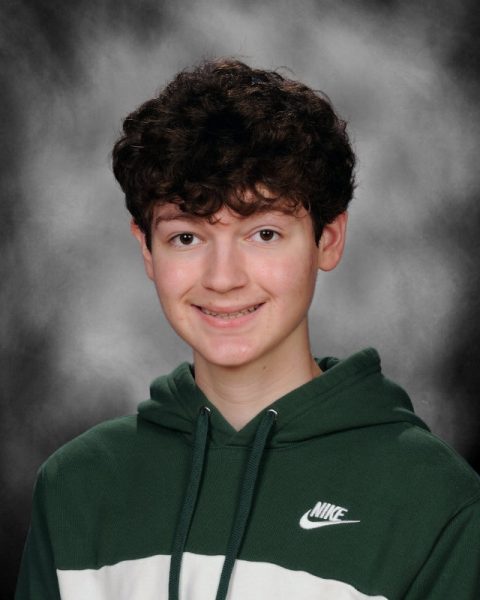Lil Durk, a well-known Grammy-winning rapper, is facing serious legal troubles that could lead to life in prison. He was arrested on Oct. 25 in Florida with federal charges that accuse him of being involved in a murder-for-hire scheme. This plan allegedly targeted another rapper named Quando Rondo in Los Angeles back in 2022. The incident, which took place at a gas station, ended tragically with the death of Rondo’s cousin, Saviay’a Robinson, who was with him at the time. The authorities claim that Durk was behind this plot, a charge that could lead to life in prison if he’s found guilty.
Durk’s record label, “Only the Family” (OTF), and some of its members are also being investigated. Prosecutors argue that OTF was more than just a music label and that it was involved in illegal activities to maintain control over Chicago’s music scene, particularly within the “drill” rap genre. This genre, which started in Chicago, is known for its intense and often violent lyrics about gang life and street struggles. Drill music has become incredibly popular and even mainstream. Still, it is also controversial because some believe it encourages violence, while others argue it reflects the harsh reality of life in specific neighborhoods.
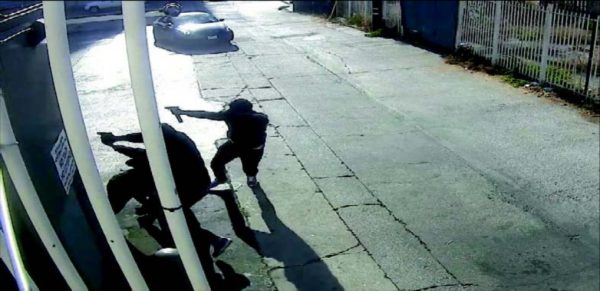
This isn’t the first time Lil Durk and his associates have faced such accusations. In another case, Durk and OTF were being sued by the family of another rapper, FBG Duck, who was killed in 2020. The lawsuit claims that Durk, along with other rappers from OTF, had created a “criminal enterprise” that threatened and even placed a bounty on FBG Duck’s life. This suit even goes further, holding major record labels responsible, arguing that they profited off the music while ignoring the violence that came with it.
Durk’s case has become a big issue in the music world because it highlights the thin line between artistic expression and real-life actions. Drill rap often talks about crime and gang life, which some listeners appreciate for its raw and honest storytelling. Yet, critics argue that it glamorizes violence and negatively influences young listeners. This debate has even caught the attention of law enforcement, as authorities now consider lyrics, social media posts, and connections between rappers as potential evidence in criminal cases.
If Lil Durk is found guilty, it would be a huge turning point for his career and potentially the rap industry. It might cause labels and artists to rethink how drill rap and similar music should be produced and promoted. The case also brings up important questions, such as whether artists should be held responsible for whether their music reflects or possibly incites real-world violence. And what responsibility, if any, do record labels have if they profit from violent content?
Lil Durk’s situation involves a complex mix of music, legal battles, and cultural debates. It’s a case that will be closely watched, both for its impact on the artist and for what it could mean for the future of music that walks a fine line between expression and real-life actions.


